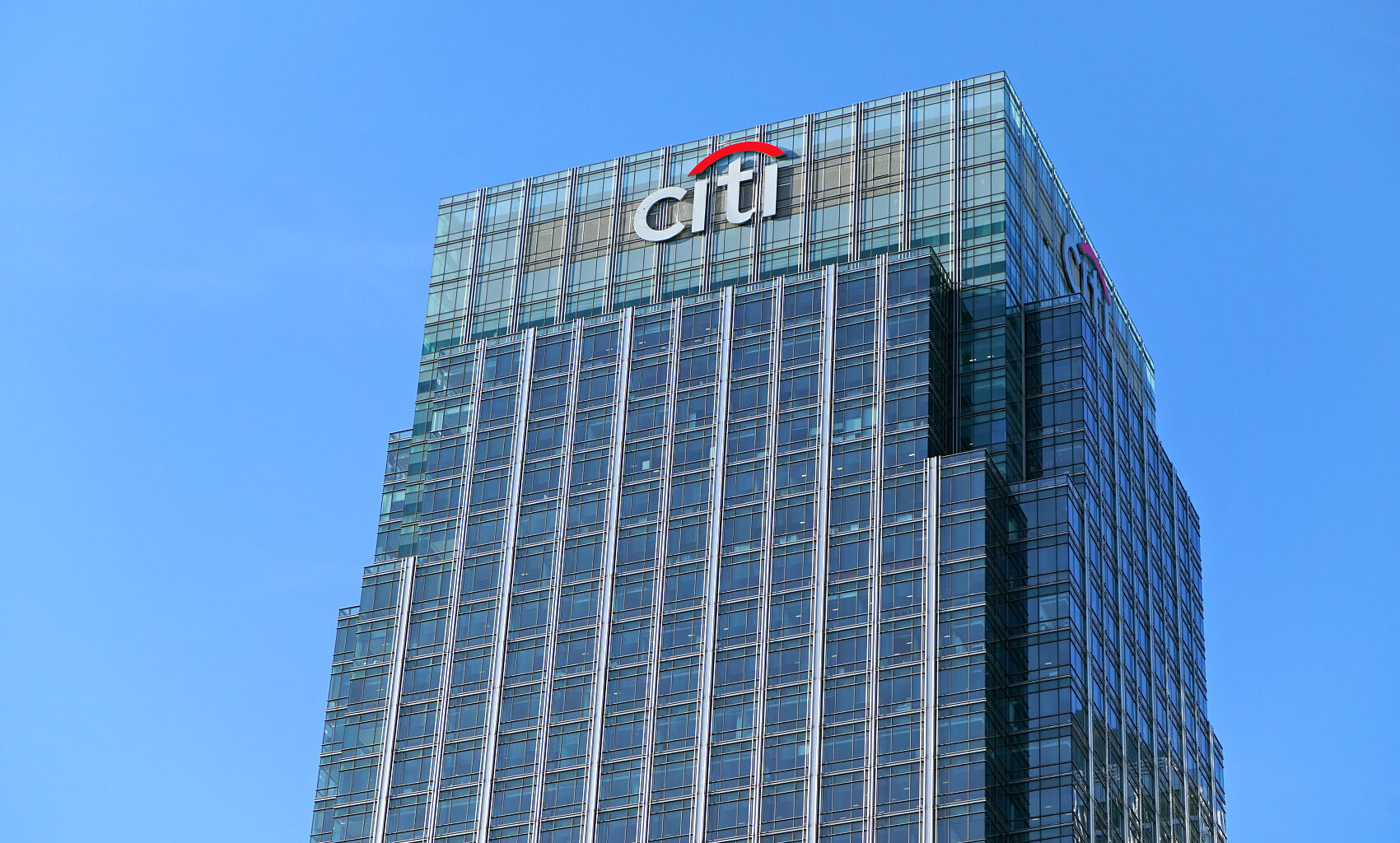The CEO of Citigroup stated that as American companies gain confidence from clearer policy signals, the U.S. economy will continue to demonstrate resilience. Meanwhile, merger and acquisition activities are rebounding comprehensively, making a recession unlikely for the world’s largest economy, and it is anticipated that the Middle East will experience a decade of robust growth.
According to the Zhitong Finance APP, Jane Fraser, CEO of Wall Street financial giant Citigroup (C.US), stated that as U.S. companies gain confidence from clearer signals regarding monetary policy, the U.S. economy will continue to demonstrate resilience. At the same time, merger and acquisition activities in the financial markets are on the rise, making the likelihood of the largest global economy, the United States, entering a recession very low.
The Citigroup leader also predicts that the Middle East will experience a strong growth period of about a decade, primarily driven by investment flows and emerging industries. Gulf countries will invest billions of dollars both domestically and internationally to achieve economic diversification and reduce their excessive reliance on oil-based economies.
 In a media interview, Fraser indicated that after achieving stronger clarity on taxes, tariffs, and deregulation policies, clients have become “more active” in capital markets, investments, and large transactions. “Our client base is indeed beginning to act with confidence now,” Fraser stated in the interview.
In a media interview, Fraser indicated that after achieving stronger clarity on taxes, tariffs, and deregulation policies, clients have become “more active” in capital markets, investments, and large transactions. “Our client base is indeed beginning to act with confidence now,” Fraser stated in the interview.
However, the Citigroup CEO also warned that the commercial bank is continuously monitoring the U.S. labor market, noting that “not everything is rosy,” even though she still expects the U.S. economy to smoothly avoid entering a recession.
Since U.S. President Donald Trump announced tariffs on trade partners around the world, extreme volatility has caused the global financial markets to fluctuate dramatically. This is good news for Citigroup and its Wall Street competitors in the financial market business, as they benefit from the surge in client trading activities, regardless of size.
In contrast, some of Fraser’s notable peers are more cautious in their predictions regarding the U.S. economy and Federal Reserve monetary policy. Sergio Ermotti, CEO of European financial giant UBS Group AG, stated on Thursday that the impact of the Trump administration’s global tariff policy on the U.S. economy and inflation remains unclear, complicating market predictions of the Federal Reserve’s monetary policy trajectory.
Elmonti’s cautious stance resonates with Goldman Sachs CEO David Solomon’s cautious approach of “not needing to cut rates quickly.” Goldman Sachs Group CEO David Solomon stated earlier this week that the Fed does not need to cut rates quickly, which differs from the Trump administration’s ongoing pressure on the Fed to loosen monetary policy.
Although the market has fully priced in a 100% likelihood of the Federal Reserve announcing an interest rate cut during the FOMC monetary policy meeting on September 16-17 Eastern Time, predictions regarding the pace of the Fed’s policy adjustments have continuously changed thereafter.
Following the release of extremely weak non-farm payroll data, some market views suggest that the Federal Reserve’s FOMC monetary policy decisions should not be seen from the perspective of preemptive interest rate cuts, but rather as monetary policy being ‘slightly behind’ the actual economic situation. Therefore, driven by persistent employment weakness and increased political pressure, the extent of the Fed’s rate cut in September and the degree of dovish signals may exceed general expectations.
Economists at Barclays have adjusted their forecasts and now expect the Federal Reserve to implement three cuts of 25 basis points each this year, with two additional cuts anticipated in 2026. This aligns with the expectations of major Wall Street institutions such as Goldman Sachs regarding the Fed’s rate-cutting path. This reflects that the market has shifted the Fed’s policy focus from combating inflation to addressing potential economic slowdown; however, there remains significant divergence regarding the extent of the rate cut in September, as well as disagreement on whether the Fed will cut rates three times or take a more conservative approach with one or two cuts for the remainder of the year.
The Next Decade in the Middle East
In a recent interview, Citi CEO Jane Fraser expressed an optimistic outlook for the future of the Middle East market, predicting that the region will experience strong growth over the next decade driven by capital flows and the creation of new industries. The wealthy Gulf countries have been investing billions of dollars domestically and internationally to achieve economic diversification and attract global financial giants, including Citi.
“In terms of investment scale and the number of new industries and clients, the Middle East may witness an incredibly strong growth period over the next decade,” Fraser stated in an interview in Dubai. Citi’s team of economists also finds the region attractive, primarily due to its expanding business ties with India and China.
In recent years, Citi has been one of the major international commercial banks expanding its presence in the Gulf region. Other well-known financial institutions, such as Jefferies Financial Group Inc. and Lazard Inc., have also been actively hiring or opening new offices in the region. Earlier this year, another Wall Street giant, JPMorgan, announced plans to add over 100 employees to its business team in the Middle East over the next few years.
As Middle Eastern governments drive the expansion of capital markets by selling stakes in state-owned enterprises and encouraging private companies to go public, the region has become one of the busiest IPO markets globally. Year-to-date, issuers in the Gulf region have raised over $5 billion through the IPO market.

